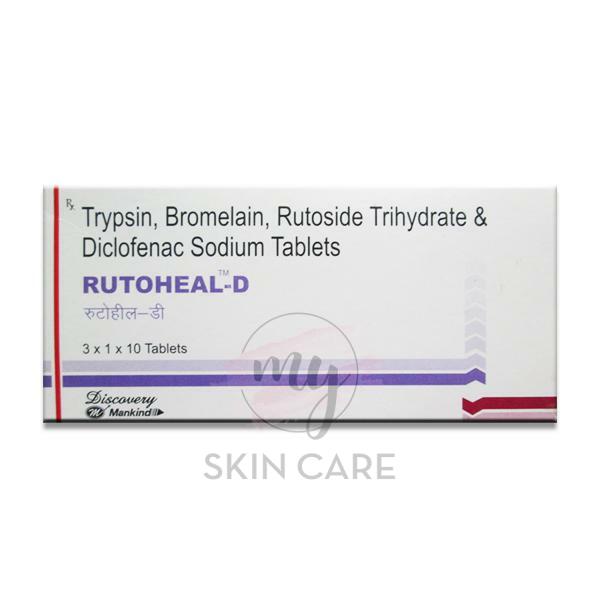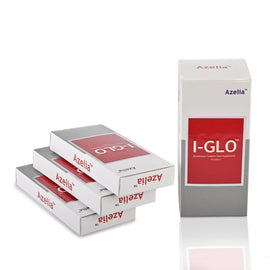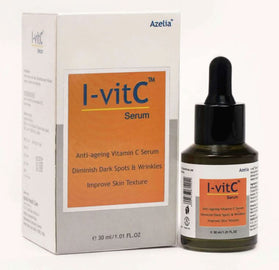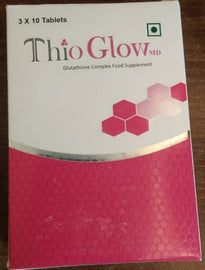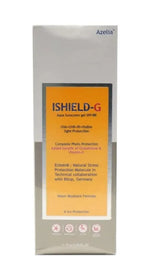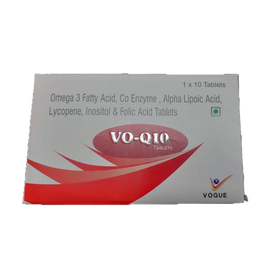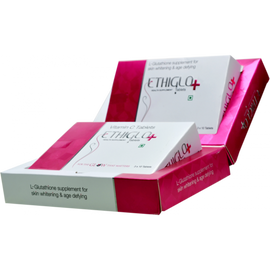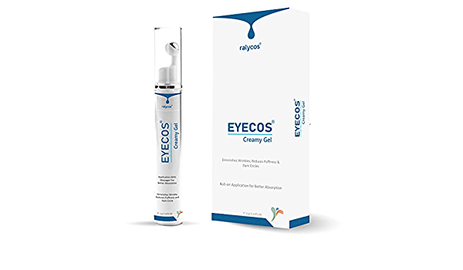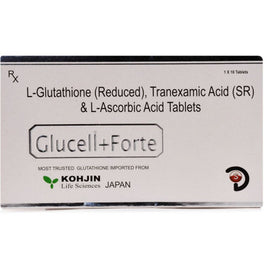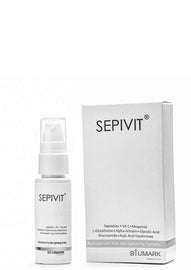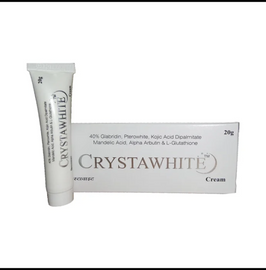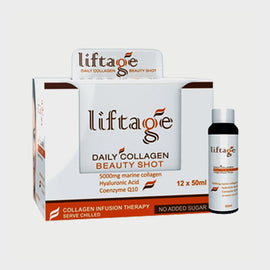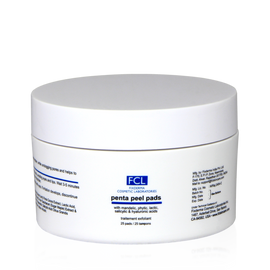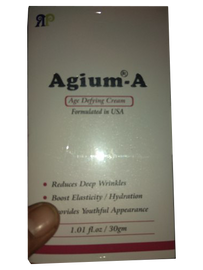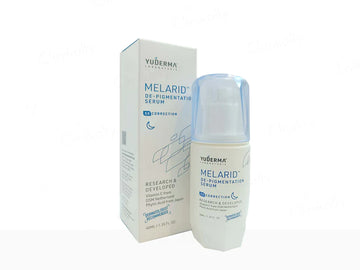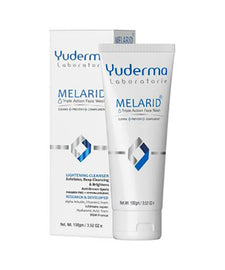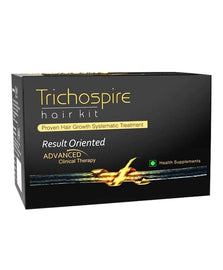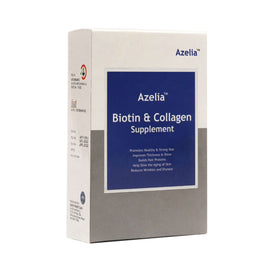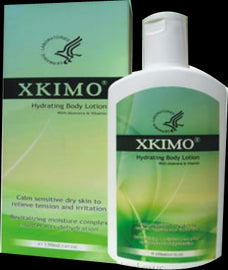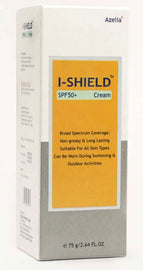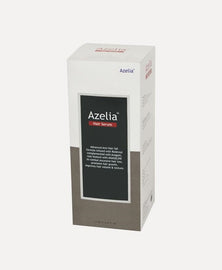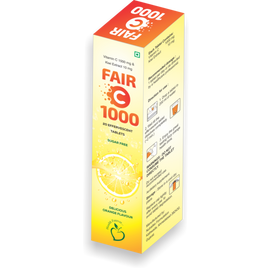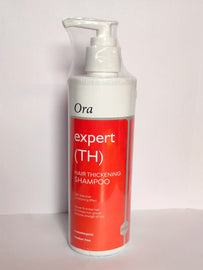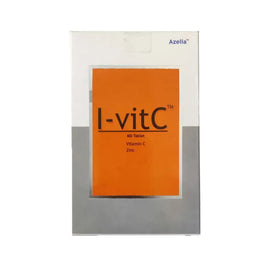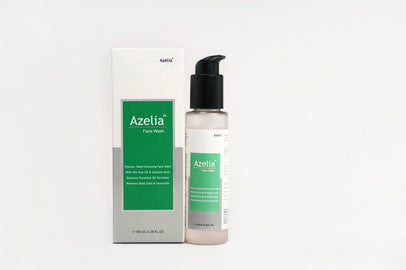Rutoheal-D Tablet is a pain relieving medicine. It is used to reduce pain and inflammation in conditions like rheumatoid arthritis, ankylosing spondylitis, and osteoarthritis. It may also be used to relieve fever, muscle pain, back pain, toothache, or pain in the ear and throat.
Rutoheal-D Tablet should be taken with food. This will prevent you from getting an upset stomach. You should take it regularly as advised by your doctor. Do not take more or use it for a longer duration than recommended by your doctor.
Some of the common side effects of this medicine include nausea, vomiting, heartburn, diarrhea, loss of appetite, and indigestion. If any of these side effects bother you or do not go away with time, you should let your doctor know. Your doctor may help you with ways to reduce or prevent the side effects.
The medicine may not be suitable for everybody. Before taking it, let your doctor know if you have any problems with your heart, kidneys, liver, or have stomach ulcers. To make sure it is safe for you, let your doctor know about all the other medicines you are taking. Pregnant and breastfeeding mothers should first consult their doctors before using this medicine.
USES OF RUTOHEAL-D TABLET
Pain relief
SIDE EFFECTS OF RUTOHEAL-D TABLET
Common
Nausea
Vomiting
Heartburn
Indigestion
Diarrhea
Loss of appetite
Stomach pain
HOW TO COPE WITH SIDE EFFECTS?
The occurrence of side effects varies from person to person. The following are a few ways of dealing with some of the common side effects. However, consult your doctor if these persist.
Coping with Nausea
You can help yourself by eating small, frequent meals rather than large ones and drinking plenty of fluids. Eat slowly. Avoid fatty, fried, spicy and very sweet foods. Eat cold or slightly warm food if the smell of cooked or cooking food makes you feel sick. Get plenty of fresh air. You could also try chewing ginger or drinking ginger tea. Eat bananas to replace potassium in your blood which can drop if you are sick (vomit). Use oral rehydration salts to replace vitamins and minerals lost through being sick. There are some medicines that can help you stop from feeling sick. Speak to your doctor if your condition does not improve.
Coping with Vomiting
You can help yourself by eating small, frequent meals rather than large ones and drinking plenty of fluids. Eat slowly. Avoid fatty, fried, spicy and very sweet foods. Eat cold or slightly warm food if the smell of cooked or cooking food makes you feel sick. Get plenty of fresh air. You could also try chewing ginger or drinking ginger tea. Eat bananas to replace potassium in your blood which can drop if you are sick (vomit). Use oral rehydration salts to replace vitamins and minerals lost through being sick. There are some medicines that can help you stop feeling sick. Speak to your doctor if your condition does not improve.
Coping with Heartburn
Avoid foods that irritate the stomach such as alcohol, carbonated soft drinks, citrus, coffee, fatty foods or tomatoes. Eat or drink slowly. Eat smaller, more frequent meals. The reason being, large meals fill the stomach and put pressure, causing reflux. Quit smoking if you smoke, lose weight if you are overweight and avoid tight waistbands. Ask your doctor about medicines to treat this condition such as antacids. Do not lie down immediately after eating and wait for at least three hours before lying down after a meal. Raise the head of your bed. Talk to your doctor if your condition does not improve, they may be able to reduce the dosage or switch you to another medicine.
Coping with Indigestion
Try taking your medicine with a meal or snack, or shortly after eating. It might help to eat smaller and more frequent meals, and to eat and drink slowly. Avoid foods which can irritate your stomach such as carbonated soft drinks, caffeine, fatty and spicy foods, mints and citrus fruits. Quit smoking and alcohol because they increase the symptoms. Do not eat for 3 or 4 hours before going to bed. Try raising the head of your bed at night or use extra pillows. Ask your doctor or pharmacist about medicines that may help, such as antacids, if your condition does not improve.
Coping with Diarrhea
Keep up your intake of fluids and electrolytes (sugars and salts) to avoid getting dehydrated. Eat less fiber (avoid raw fruits, fruit juice and vegetables). Talk to your doctor about possible medication to manage diarrhea. Ask about reducing the dosage of your drug or other suitable treatments.
Coping with Loss of appetite
It is important to eat, even if you do not feel like it. You might try switching to smaller meals and frequent snacks. Try eating healthy and nutritious snacks that are high in calories and protein, such as dried fruit and nuts. It is important to drink even if you cannot eat. But, do not fill your stomach with liquid before eating. Eat when you are most hungry. Exercise such as a short walk may also increase your appetite. Talk to your doctor about possible medication or supplements if your condition does not improve.
Coping with Stomach pain
Try?to get plenty of rest and relax. Putting?a?heat pad or covered hot?water bottle on your?stomach?may relieve the stomach pain. It may help if you eat and drink slowly and have smaller and more frequent meals. Reduce your intake of coffee, tea and alcohol as these can make the pain worse. If you are in a lot?of pain, speak?to your doctor about possible medication. Your doctor may be able to prescribe some over-the-counter medicines to help reduce the pain.
HOW TO USE RUTOHEAL-D TABLET
Take this medicine in the dose and duration as advised by your doctor. Swallow it as a whole. Do not chew, crush or break it. Rutoheal-D Tablet is to be taken with food.
HOW RUTOHEAL-D TABLET WORKS
Rutoheal-D Tablet is a combination of four medicines: Trypsin, Bromelain, Rutoside and Diclofenac. Trypsin and Bromelain are enzymes. They increase blood supply and make the body produce substances that fight pain and swelling. Rutoside is an antioxidant which protects the body from damage by chemicals (free radicals) and further reduces swelling. Diclofenac is a non-steroidal antiinflammatory drug (NSAID) which works by blocking the release of certain chemical messengers (prostaglandins) in the brain that cause pain and inflammation (redness and swelling).
SAFETY ADVICE
warnings
Alcohol
CONSULT YOUR DOCTOR
It is not known whether it is safe to consume alcohol with Rutoheal-D Tablet. Please consult your doctor.
warnings
Pregnancy
CONSULT YOUR DOCTOR
Rutoheal-D Tablet is unsafe to use during pregnancy as there is definite evidence of risk to the developing baby. However, the doctor may rarely prescribe it in some life-threatening situations if the benefits are more than the potential risks. Please consult your doctor.
warnings
Breastfeeding
CONSULT YOUR DOCTOR
Information regarding the use of Rutoheal-D Tablet during breastfeeding is unavailable. Please consult your doctor.
warnings
Driving
UNSAFE
Rutoheal-D Tablet may cause side effects which could affect your ability to drive.
Rutoheal-D Tablet may cause headaches, blurred vision, dizziness or drowsiness in some patients. This may affect your ability to drive.
warnings
Kidney
SAFE IF PRESCRIBED
Rutoheal-D Tablet is probably safe to use in patients with kidney disease. Limited data available suggests that dose adjustment of Rutoheal-D Tablet may not be needed in these patients. Please consult your doctor.
warnings
Liver
SAFE IF PRESCRIBED
Rutoheal-D Tablet is probably safe to use in patients with liver disease. Limited data available suggests that dose adjustment of Rutoheal-D Tablet may not be needed in these patients. Please consult your doctor.




